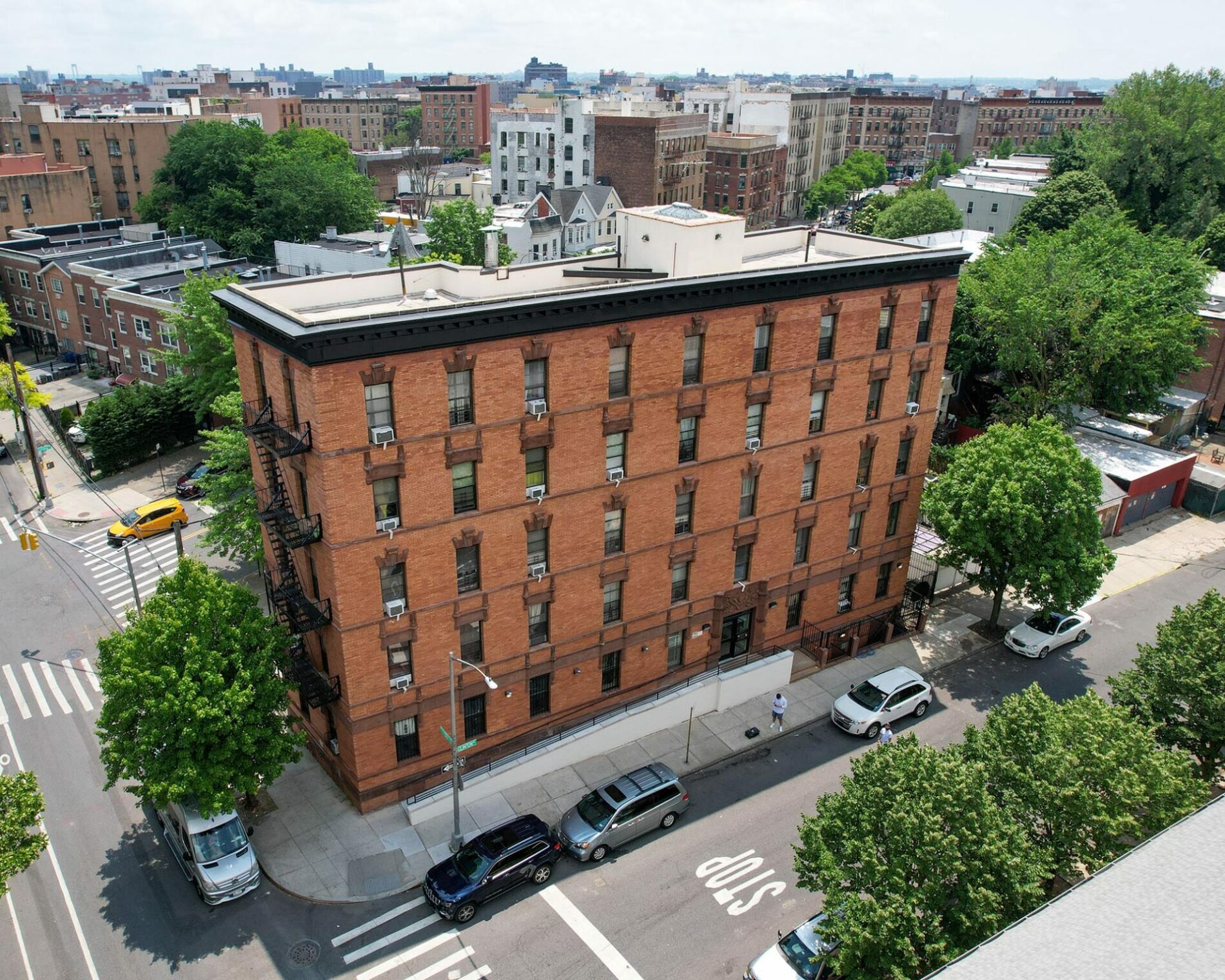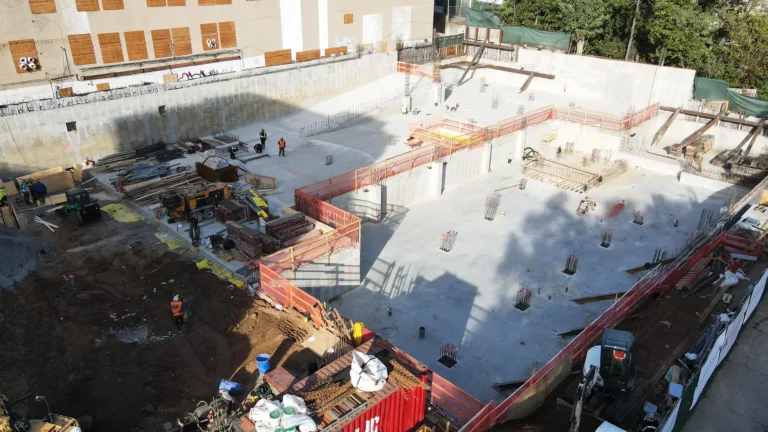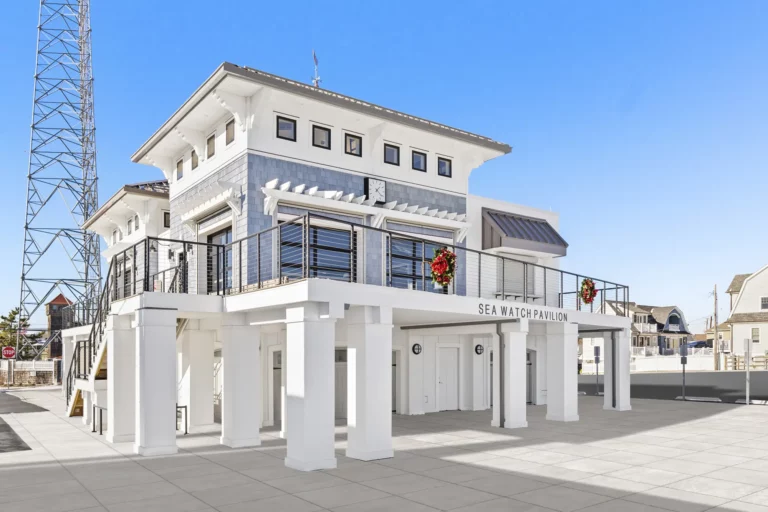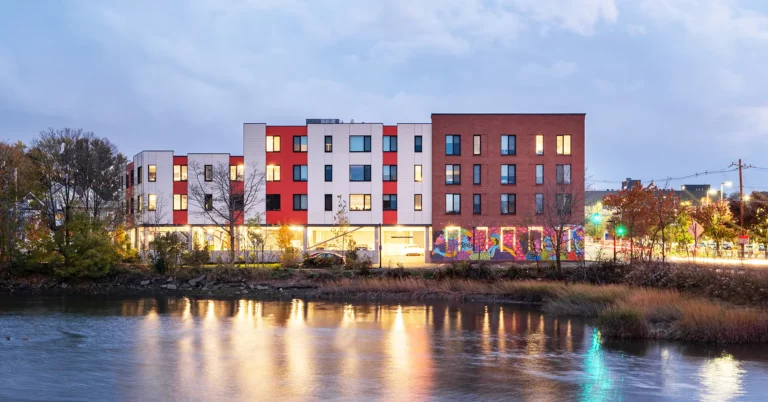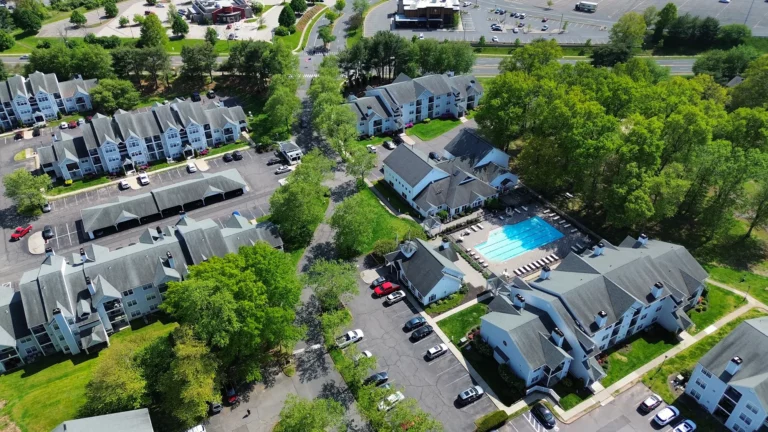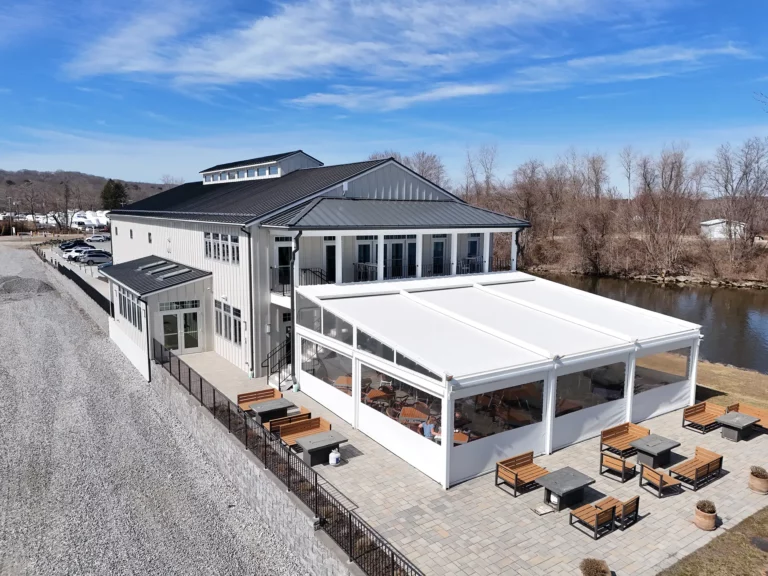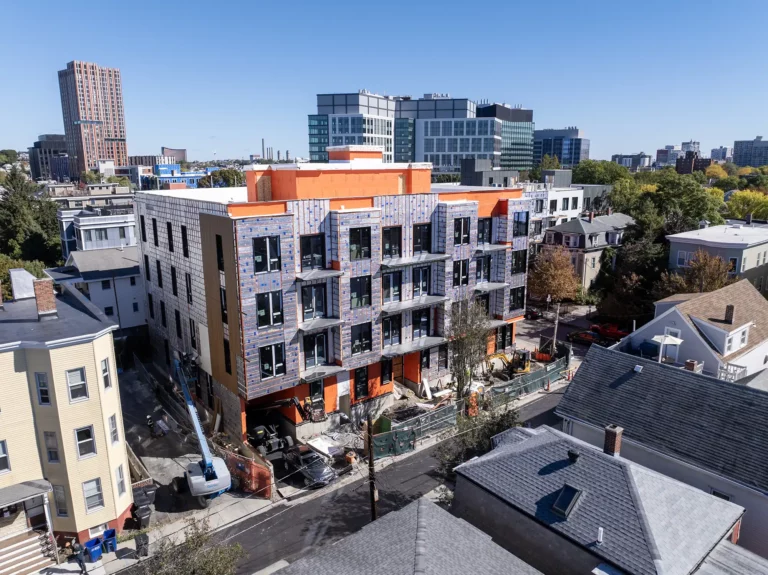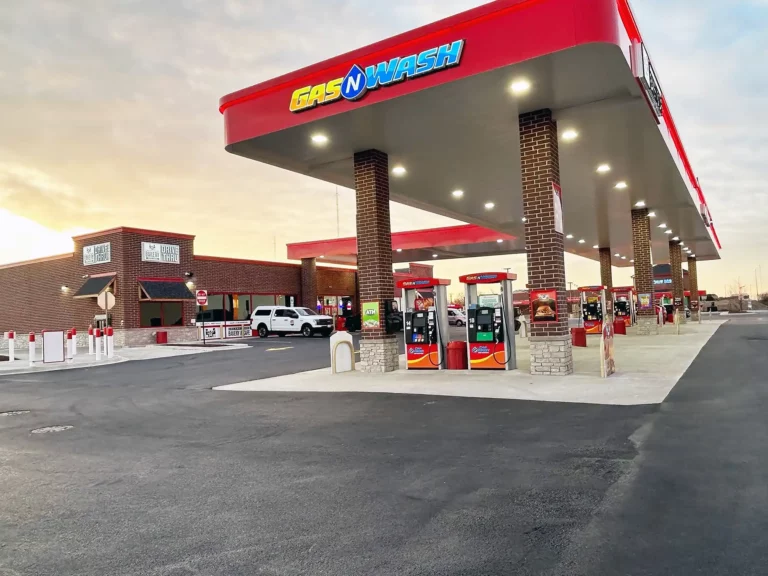ConRock Construction LLC was founded in 2019 to address a gap in New York’s affordable housing market. In just five years, the company has grown from one $5 million project to more than $250 million under construction, positioning itself as a full-service general contractor with a unique expertise in tenant-in-place renovations and affordable housing redevelopment.
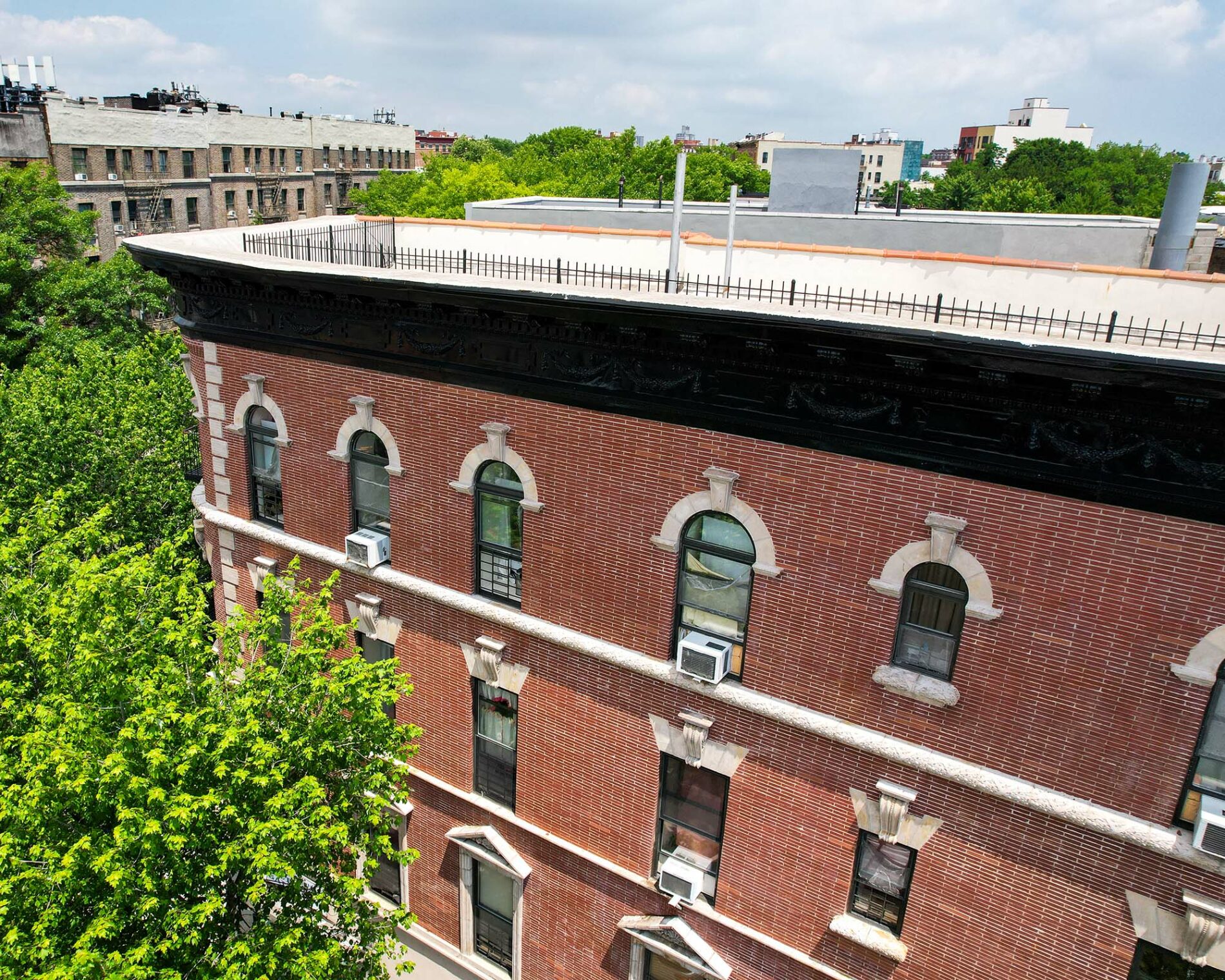
The company’s defining strength lies in its ability to balance construction progress with tenant needs. As John O’Connor, Principal and Project Executive at ConRock Construction, explains, “We can have tenants living in the apartment while it’s undergoing construction for the interior and exterior parts of the building, including building systems, the roof and parapets. We specialize in tenant in place renovation, this allows limited relocation of the tenant population, which is very cumbersome for most of the not for profit owners we work with. For substantial gut rehabs, tenants will be relocated line by line while Construction begins in the vacant lines, limiting the amount of relocation required at once. Based on the type of substantial rehab, if the public hall work is being replaced with new stairwells, it is typical that the entire building will need to be relocated and construction can begin with a fully vacant building. There are typically three different types of rehabs, moderate rehab, tenants living in the apartments while construction is occurring, substantial rehab, tenants are relocated line by line, during construction and full gut rehab, whereby all tenants are relocated for a full vacant building before construction can commence.”
Coordinating such complex projects requires both creativity and flexibility. Finding relocation options for tenants has proven one of the most persistent hurdles in the industry, yet ConRock has worked to give its clients alternatives. “What we’ve brought to the table is giving them the opportunity of tenants actually living in the apartment or supporting them with relocating tenants to different lines,” says John.
Much of the company’s work takes place in New York City and the wider NYC metro area, where it provides general contracting services, owner representation, and self-performed trades. This often means acting as a bridge between owners and agencies. “We do a lot of liaison support with state and city agencies during the pre-development phase of construction, in an effort to maximize the scope into the budget. Typically, ConRock will bid on a project during the pre-development phase, once awarded our value add really kicks in during this pre-development, pre-construction phase. Having the general contractor involved from the beginning allows ConRock to liaison with the architectural, and ownership team to understanding the phasing of tenant relocation, which is a direct correlation to construction scheduling. Additionally, ConRock will provide critical value engineering ideas, supporting the team in identifying the critical needs of the buildings,” John explains.
These early stages can stretch anywhere from six months to a year and a half before construction begins. ConRock’s role is to help owners and architects determine the priorities of a project and shape budgets accordingly. “That’s really what we specialize in; the pre-construction and pre-development end of it is helping ownership identify the needs of the building from the wants, and participating in the electrification requirements for building conversions” says John.
This electrification initiative, supported by funding sources like NYSERDA and other city and state agencies, has become a growing part of ConRock’s portfolio. By integrating features for partial or future-ready electrification into existing budgets, the company helps owners position buildings for long-term sustainability while meeting immediate funding criteria.
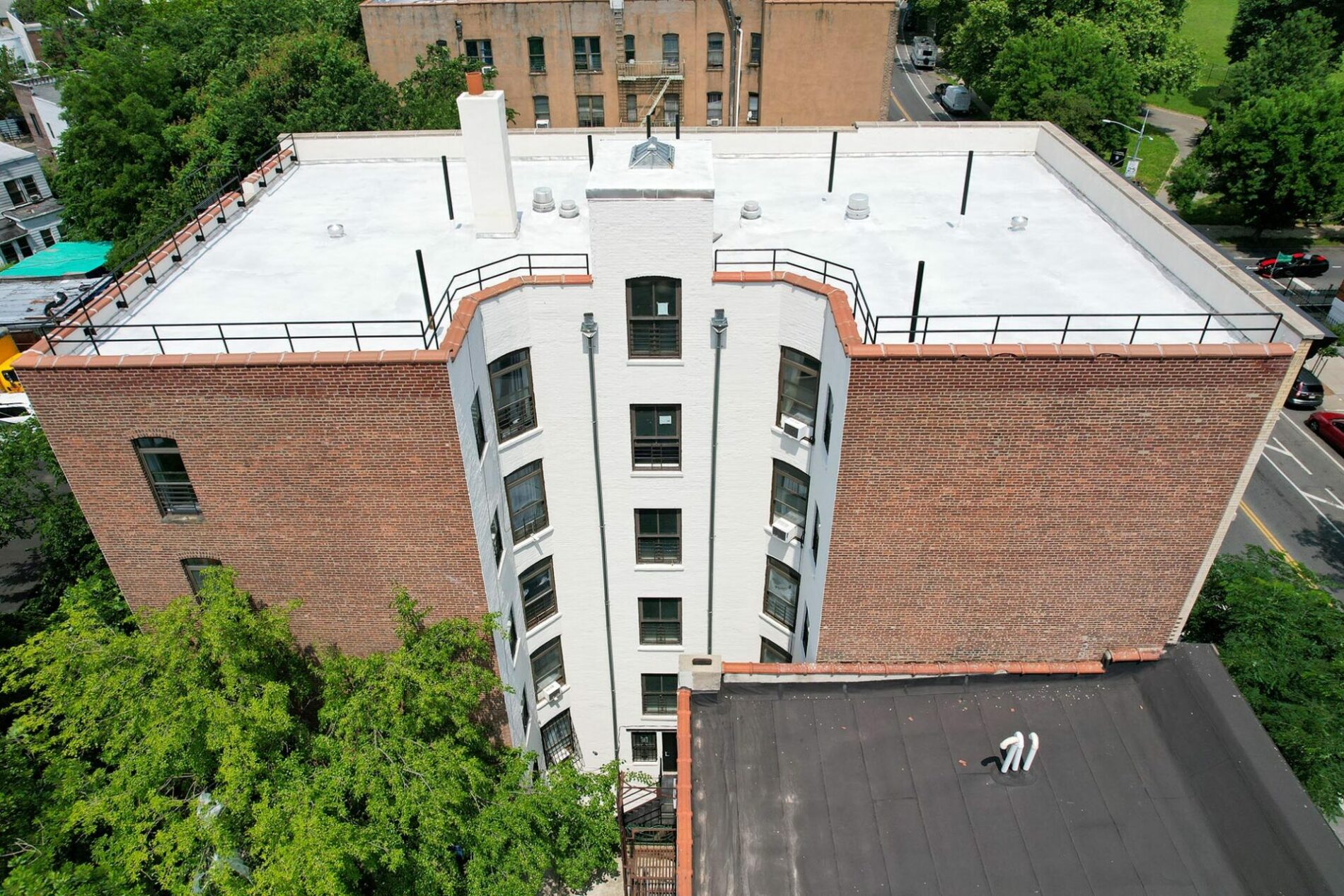
Co-Founder & Principal, Niall Murray points out that the affordable housing construction process differs significantly from the private sector. “Unlike a typical construction job where there’s a design phase, a bidding phase and a value engineering phase, in the affordable housing industry, we are restricted by the budget that is provided to us in terms of the different programs and subsidies that are available at the city and state agencies. It’s this iterative process that we go through in the pre-construction stage around determining what subsidies are available that helps you determine the amounts that you have to work with. Then we reverse engineer to a certain extent, back into what the scope of work is, but also with a view to understanding what the building needs are and the building owners wishes are. All of this is done in conjunction with the financing agencies, which are public and private financing entities. It’s different to the more traditional private sector side, so the pre-con services that ConRock provides are critical—that’s really the value add of the organization to our clients, we are part and parcel of that iterative process.”
“Unlike a typical construction job where there’s a design phase, a bidding phase and a value engineering phase, in the affordable housing industry, we are restricted by the budget that is provided to us in terms of the different programs and subsidies that are available at the city and state agencies.”
That process is inherently collaborative, involving owners, architects, engineers, and agencies at every stage. As Niall explains, “It’s a big collaborative effort between the ConRock, the engineers, the architects and ownership. That takes into account the needs of ownership, how the architect can get certain things approved, complying with the code requirements once you touch the building—you have to get up to date with the most recent code.”
ConRock itself grew out of such collaboration., After 25 years of working on the preservation of affordable and supportive housing, Rockabill Consulting & Development recognized that there was a shortage of contractors with both the skill set to manage occupied-building renovations and the financial expertise to assemble funding packages. “The lack of depth in the GC marketplace for dedicating the necessary resources for going through the iterative process—that was really the initiative behind forming ConRock,” says Niall. “We thought we should form a GC company and together with John, Bill and the other folks at Parish Property Management, we formed a partnership which is ConRock. It was a natural partnership between PPM and Rockabill driven by a need that we saw in the marketplace for this type of expertise.”
From its first moderate rehab of 72 units in Glendale, Queens, ConRock has grown substantially. “The growth of ConRock in five years has been pretty substantial with the different sources of work that’s coming in,” John reflects. The company now has over 1000 units of restoration underway with a continued growing pipeline, as annual construction continues to grow each year.
Recent projects showcase both scale and sensitivity. In Manhattan, the company partnered with a non-profit to convert a hotel on 107th Street into 69 single-occupancy units for formerly homeless, managing the relocation of existing tenants in phased stages while overcoming bureaucratic delays. Niall describes it as “a beautiful Beaux-Arts building” that presented challenges “not the least of which was that you had existing tenants in place. It was a two phase project where we had to complete one phase and then move tenants over into the completed phase before starting phase two. There were also lots of challenges vis-à-vis the bureaucracy at the New York City level in terms of delays in issuing permits, but it’s now completed.”
In the Bronx, ConRock is leading an $86 million redevelopment for MBD involving 175 units across more than 175,000 square feet. The three-year project requires half-relocation of tenants while construction proceeds and represents the company’s largest job to date. Other milestones include Joseph House on Staten Island, a $7 million state-funded senior housing project comprising 75 units, which John says is already 90 percent complete and running six months ahead of schedule, and Casabe Senior Housing in Manhattan, a $6.5 million project currently 60 percent complete and four months ahead of schedule.
Underlying these projects is a philosophy of partnership and opportunity. “In terms of the skill sets and the ability to generate business and execute—for me at the outset, it’s with a very clear, defined, succinct idea around what the opportunity for ConRock was, how we were going to go about obtaining contracts and then executing on them—and that’s proven over the course of time,” says Niall. John adds that, “In five years, to go from a $5 million company to a couple $100 million in construction, the key to this success, has been taking into consideration the scalability required and needs of the not-for-profit ownerships and funding agents. Therefore, we’ve hired people from the across the different landscapes of the industry, we ensure that our subcontractors are sensitive to the needs of the tenants.”
Hiring locally and supporting minority communities has been central to ConRock’s approach. As Niall explains, “The barriers to entry into the affordable space are pretty high. You’re not competing necessarily on price; it’s about reputation for execution, understanding and sensitivity to the clients, which are the key to you gaining that confidence. Hiring minority staff to work in buildings has been an instrumental part of ConRocks’ philosophy to the success of our projects. Additionally providing a pathway for growth within the company and a career path, where a person who starts out as a laborer has the opportunity to grow to become a junior super or junior project manager.”
Looking ahead, 2025 is expected to be ConRock’s busiest year yet, with annual gross revenue doubling from the prior years. The company plans to continue scaling, securing larger projects and improving delivery by building a stronger network of subcontractors capable of meeting higher insurance and performance standards. With its emphasis on collaboration, pre-construction expertise, and tenant-focused execution, ConRock is set to remain a vital player in New York’s affordable housing landscape.










